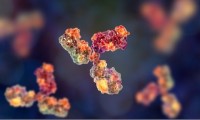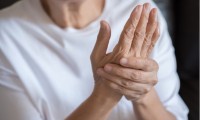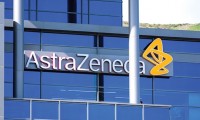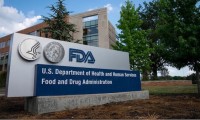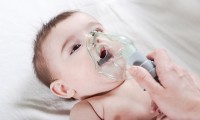-
Salipro partners with Icosagen to develop monoclonal antibody therapies
- Source: drugdu
- 105
- October 12, 2023
-
AbbVie Ends I-Mab Deal for CD47 Antibody Compounds, Products
- Source: drugdu
- 177
- September 27, 2023
-
BeiGene and Nona Biosciences expand collaboration for antibody discovery
- Source: drugdu
- 205
- September 21, 2023
-
Seagen, Nurix Team to Create New Class of Antibody Conjugates for Cancer
- Source: drugdu
- 221
- September 12, 2023
-
Man-made antibody successfully prevents organ rejection after transplantation
- Source: drugdu
- 117
- September 1, 2023
-
Danaher to buy antibody supplier Abcam for $5.7B
- Source: drugdu
- 111
- August 30, 2023
-
Researchers publish early results with new interleukin-targeting antibody
- Source: drugdu
- 227
- August 17, 2023
-
AstraZeneca/Sanofi’s RSV antibody receives FDA approval for use in infants
- Source: drugdu
- 121
- July 22, 2023
-
Sanofi, AstraZeneca’s RSV antibody for infants easily clears FDA adcomm, likely setting up approval
- Source: drugdu
- 164
- June 10, 2023
-
FDA advisers endorse antibody to protect against RSV in infants and some young toddlers
- Source: drugdu
- 118
- June 10, 2023
your submission has already been received.
OK
Subscribe
Please enter a valid Email address!
Submit
The most relevant industry news & insight will be sent to you every two weeks.




